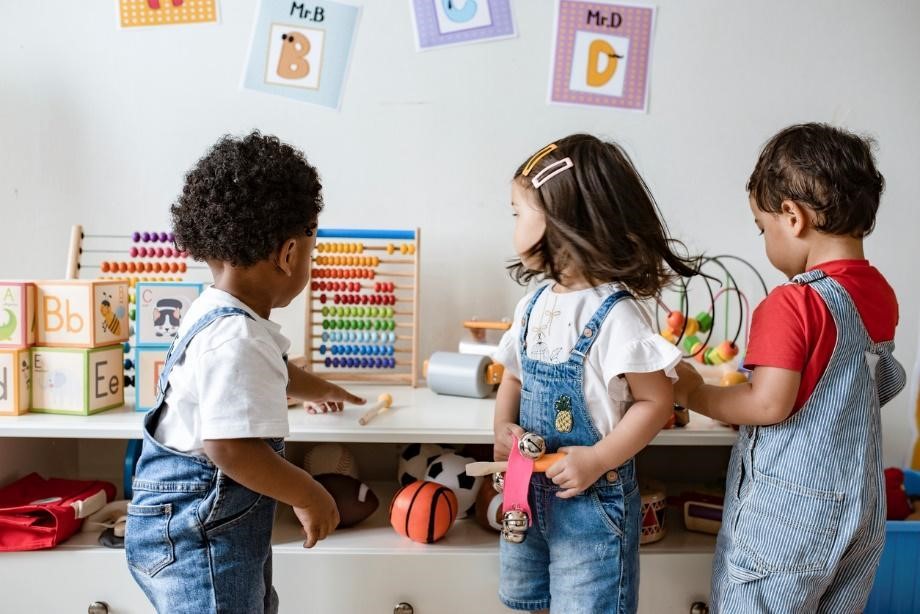At Rising Stride Child Care Centers, we strive to provide an engaging and educational environment for your children. While our center offers a range of activities and resources to enhance their learning, it’s equally essential to continue fostering their curiosity at home. Here are a few of our favorite practical ways to keep your kids interested in learning after they come home. Learn more below, then enroll your child in one of two Child Care Center locations today!
Encourage Open-Ended Play
Encourage open-ended play that sparks creativity and problem-solving skills. Provide your children with open-ended toys like building blocks, art supplies, or puzzles. These activities promote critical thinking, imaginative play, and the ability to solve problems independently. Help them explore their interests and discover new things while allowing their imagination to run wild.
Create A Cozy Reading Nook
Developing a love for reading is a vital skill that will benefit your child throughout their entire lives. Set up a cozy reading nook in your home equipped with a variety of age-appropriate books. Make it an inviting space for your child to discover new worlds, characters, and ideas. Encourage reading by spending quality time with your child, reading aloud, and discussing the stories together.
Incorporate Practical Life Skills
Promote learning by integrating practical life skills into their daily routine. Encourage their involvement in simple household chores such as setting the table, sorting laundry, or helping with meal preparations. These activities instill responsibility, problem-solving abilities, and promote cognitive development. By allowing them to participate, they will gain a sense of accomplishment and feel motivated to learn more.
Engage In Learning Games and Activities
Make learning fun by engaging your child in educational games and activities tailored to their interests. There is an abundance of online resources, apps, and educational toys available that can make learning an enjoyable experience. Whether it’s completing puzzles, engaging in science experiments, or playing educational board games, these activities will not only entertain but also encourage critical thinking, problem-solving, and cognitive development.
Compliment your child
Your kids are susceptible to what you think of them. Most of the time, they will engage in activities with the perspective of impressing you.
When you notice your kid taking an interest in new books or has just started reading something new, give them some sincere compliments like “That is great!” or “Good job!” Compliments will be a significant boost to them keeping the newfound activity and give them the comfort that you approve of them.
Make your child feel great at what they are doing and that you are proud of them. This is a feeling that children treasure so much. This attitude gives them hope and they would want to continue reading just to impress you.
Rewards
Rewards are cherished phenomena across all societies. Children particularly adore rewards and tend to seek one in everything that they do, or find things to do to earn one. The aspect of awards can be applied in the effort of building and fostering the interests of children in learning.
Children are very simple thinkers and can take pleasure in simple possessions. What matters is the recognition of excelling in something. A piece of candy for answering a math problem, or giving them short breaks to do a hobby, an extra candy bar, bonus video game or playtime does the trick.
The bottom line: Make it fun & start early
You can make studying a fun and enjoyable process for your kids. If done at the earliest stage possible, it will ensure most of the school days for your kids will be bearable. Follow these tips, and you will see the benefits soon.

